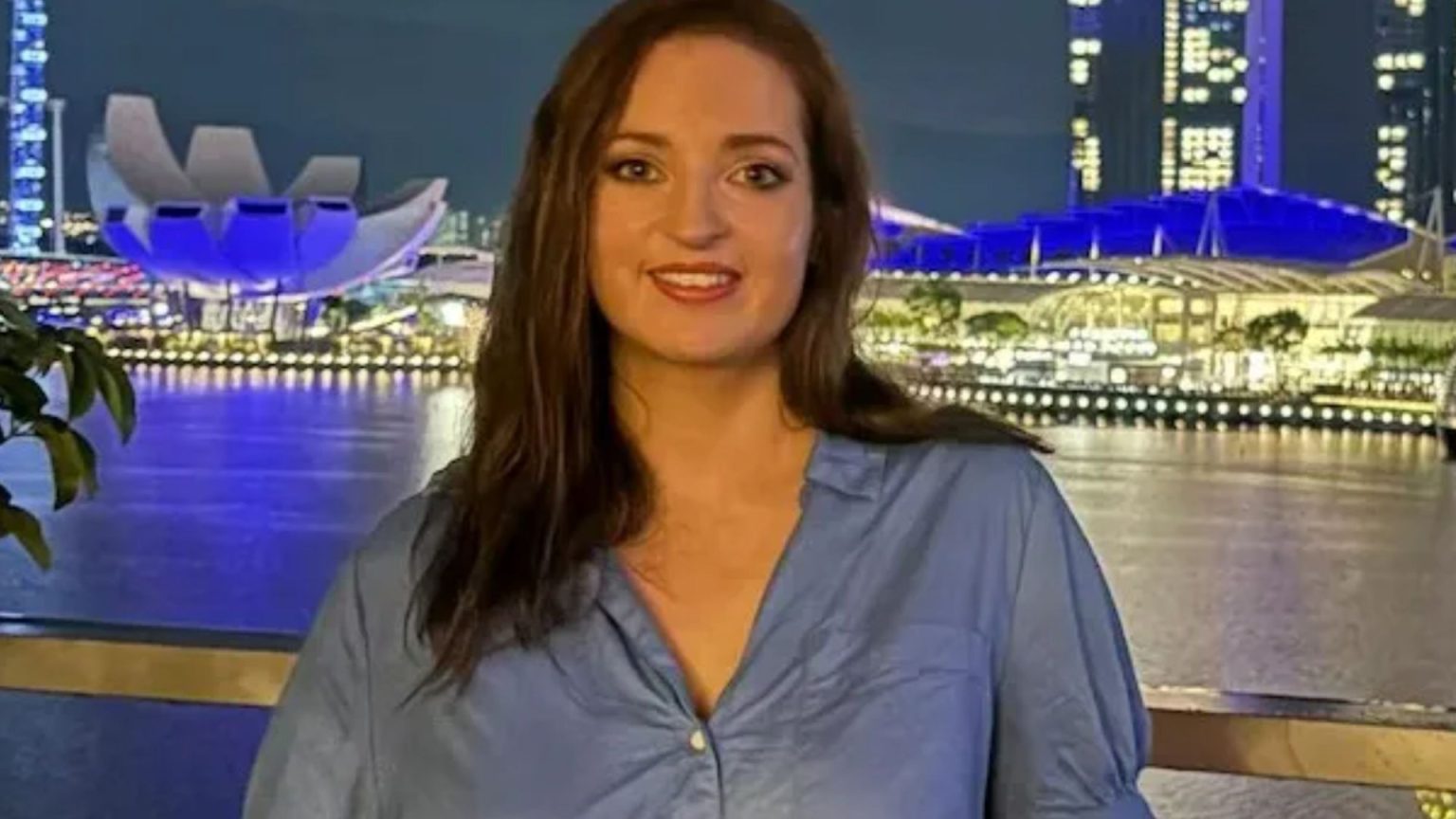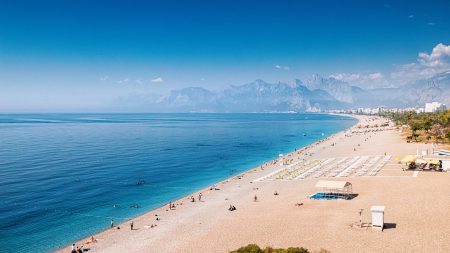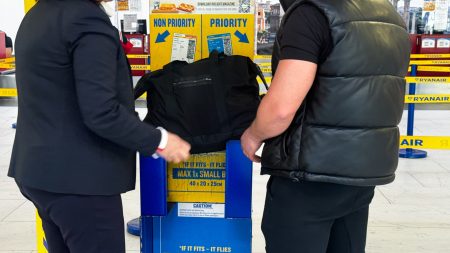The Quandary of Premium Economy: A Flight Attendant’s Perspective
The world of air travel offers a stratified ecosystem of passenger experiences, ranging from the spartan efficiency of economy to the opulent indulgence of first class. While most passengers navigate these airborne environments with relative civility, a seasoned flight attendant with a decade of experience reveals a surprising insight: the most challenging passengers are often found not in the cramped confines of economy, but in the slightly more privileged realm of premium economy. Paula Gahan, a London-based flight attendant accustomed to the diverse tapestry of international travelers, observes that this particular class of flyers presents a unique set of challenges. While acknowledging that most passengers are generally pleasant, Gahan pinpoints premium economy as the breeding ground for a specific type of demanding traveler.
Gahan’s analysis of the airborne hierarchy begins with first class, where the sheer exclusivity and personalized attention minimize the likelihood of encountering difficult passengers. Business class, meanwhile, is populated by seasoned travelers who are accustomed to the perks and services offered, making them generally less demanding. Economy passengers, often embracing a more relaxed attitude towards the basic amenities, present the fewest challenges. It is in the liminal space of premium economy, however, that Gahan identifies a distinct passenger profile. These travelers, she explains, are often caught in a state of aspirational tension, unable to afford the extravagance of business class yet feeling a sense of entitlement that exceeds the basic expectations of economy.
This "quandary," as Gahan describes it, stems from the perceived proximity to business class, fostering a sense of relative deprivation and an inflated sense of entitlement. Glimpsing the amenities enjoyed by those just beyond the curtain, these passengers often exhibit a heightened sensitivity to perceived shortcomings in their own experience. This translates into a greater propensity to complain, a relentless pursuit of every available perk, and an almost obsessive reliance on the call button. They demand the attention and service associated with higher classes while paying a significantly lower fare, creating a friction point with cabin crew.
This sentiment is echoed by another flight attendant who corroborates Gahan’s observations, noting that premium economy passengers often harbor unrealistic expectations that cannot be met within the constraints of their chosen class. This disconnect between expectation and reality fuels a sense of dissatisfaction, leading to arguments and confrontations with cabin crew. While these passengers may aspire to the comforts of business class, their budget dictates a different reality, creating a psychological tension that manifests as demanding behavior.
Gahan’s insights offer a fascinating glimpse into the psychology of air travel, highlighting the complex interplay of class, expectation, and entitlement. The premium economy passenger, caught between two worlds, embodies this tension, striving for a level of service that often exceeds the parameters of their chosen class. This dynamic creates a unique challenge for flight attendants, who must navigate the delicate balance between providing excellent service and managing the expectations of these demanding travelers. While the vast majority of passengers contribute to a positive travel experience, the premium economy quandary remains a noteworthy phenomenon in the diverse ecosystem of air travel.
The underlying issue, as Gahan suggests, is not simply a matter of entitlement but rather a complex interplay of psychological factors. The proximity to business class, coupled with the inability to afford its luxuries, creates a sense of relative deprivation. This feeling of missing out on a more desirable experience can fuel a heightened sensitivity to perceived shortcomings in the premium economy service. Furthermore, the desire to maximize the value of their slightly upgraded ticket may lead some passengers to aggressively pursue every available perk, creating additional strain on the cabin crew. This dynamic highlights the subtle yet powerful influence of social comparison and the human tendency to benchmark their experiences against those of others. The premium economy passenger, therefore, becomes a microcosm of the broader societal anxieties surrounding status, aspiration, and the pursuit of a better life.











